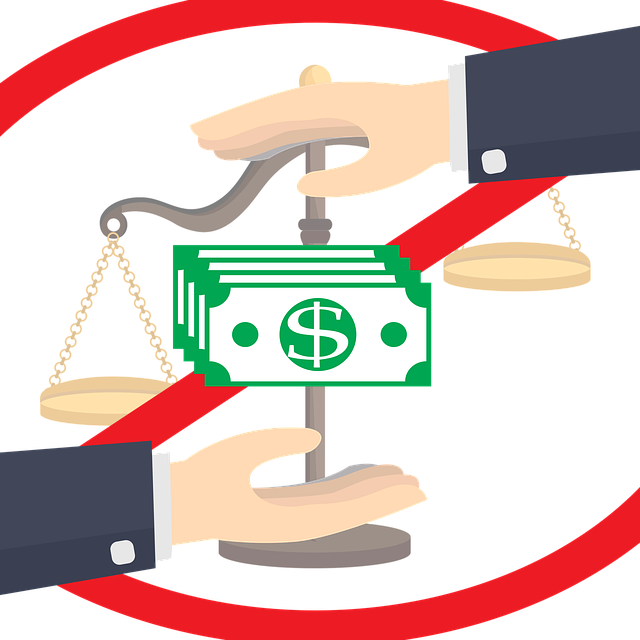In the heart of California’s High Desert, Victorville stands as a testament to history, resilience, and adaptability. From its railroad origins to its bustling business hubs today, Victorville remains poised to embrace the future. And at the forefront of this transition is Managed IT Victorville, propelling businesses into a new era of efficiency and innovation.

Victorville’s Legacy: A Foundation for the Digital Age
Victorville’s rich history, characterized by the railroad, aviation, and the growth of commerce, provides a unique foundation for its present. This legacy has fostered an environment that appreciates the past while eagerly looking towards the future. In this context, the introduction and integration of digital solutions aren’t seen as a replacement but rather an enhancement of what already exists.
Managed IT Victorville: More Than Just a Tech Trend
To label Managed IT as just another ‘trend’ would be an understatement. Managed IT Victorville is not just a fleeting phase but a pivotal movement. It encapsulates the shift from traditional IT solutions to comprehensive, outsourced services that manage, maintain, and enhance an organization’s IT infrastructure. For Victorville businesses, this means less time worrying about tech hiccups and more time focusing on core business tasks.
The Unmissable Benefits for Victorville Enterprises
Embracing Managed IT Victorville brings with it a plethora of benefits:
- Cost Efficiency: Businesses can significantly cut down IT costs by paying for only what they use rather than maintaining an entire in-house IT department.
- Expertise on Demand: Access to a team of IT experts ensures that any issues are promptly addressed with top-tier solutions.
- Scalability: As businesses grow, so can their IT services, ensuring that the tech side of things never lags behind.
- Enhanced Security: With cyber threats becoming increasingly sophisticated, Managed IT provides the latest security measures to safeguard businesses.
A New Age of Challenges: How Managed IT is the Answer
Every evolution brings its set of challenges. For Victorville, the shift to a more tech-oriented business model means grappling with cybersecurity threats, data management issues, and integrating various technological platforms. This is where Managed IT Victorville shines. It provides businesses with holistic solutions, ensuring they remain resilient in the face of challenges and are equipped with the tools to overcome them.
Charting the Road Ahead: What’s Next for Victorville’s Tech Landscape?
Looking to the horizon, it’s evident that technology will continue to play an ever-increasing role in Victorville’s economic and societal spheres. Managed IT will not only be an essential service but a cornerstone upon which businesses build their futures. With continued investment in digital infrastructure and a commitment to innovation, Victorville is set to remain at the forefront of California’s tech evolution.
In conclusion, Victorville’s journey from a historic landmark to a burgeoning tech hub is emblematic of its spirit of evolution. With Managed IT Victorville taking the lead, the city is poised for a future that harmoniously blends its past with the limitless possibilities of tomorrow.
